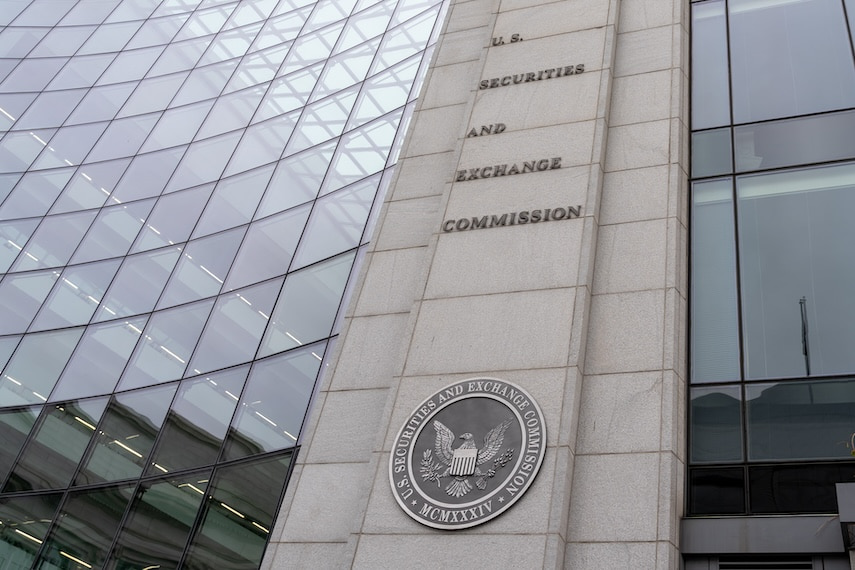Last week, the SEC published the Spring 2025 Unified Agenda of Regulatory and Deregulatory Actions. Chair Paul Atkins said in his statement that the Agenda contains
“a number of envisioned deregulatory rule proposals to reduce compliance burdens and facilitate capital formation, including by simplifying pathways for raising capital and investor access to private businesses. It discusses amending existing rules to improve and modernize them as well as address disclosure burdens.”
Sustainability professionals should pay particular attention to one proposal in development:
“The Division is considering recommending that the Commission propose rule amendments to rationalize disclosure practices to facilitate material disclosure by companies and shareholders’ access to that information.”
At this time, the Notice of Proposed Rulemaking (NPRM) is anticipated for next April, although that timing isn’t set in stone and there is no specific legislative mandate behind it. The action is assigned a priority of “Economically Significant” so perhaps there is a bit of oomph behind it.
If this NPRM does indeed move ahead, I wouldn’t expect it to follow in the EU’s footsteps on double materiality and explicit sustainability disclosures. To the contrary, I think it would meaningfully underscore the need for corporate sustainability activities to manifest in business fundamentals – not operational metrics.
Speaking of that, we are a week away from publicly releasing our much anticipated research project on how 100+ U.S. publicly-traded companies disclose financial benefits of sustainability in 10-Ks and sustainability/ESG reports. In addition to excerpts from the selected company reports, we provide important background and guidance on how to use the information, such as:
- Differences between financial and managerial accounting;
- An overview of applicable financial accounting mandates and guidance potentially applicable;
- Why some costs/benefits may be material but not reported or identified in financial statements;
- A list of financial metrics/values that are relevant, meaningful and can be generated from data already being gathered by companies; and
- The four main reasons companies don’t formally disclose sustainability financial gains in their disclosures.
A companion document – Fighting “No”: A Sustainability Practitioner’s Guide to Countering Arguments Against Formally Disclosing Financial Value of Sustainability Programs – will be released soon after. This contains insights and guidance from TheCorporateCounsel.net’s securities law experts and our Advisory Board to prepare sustainability professionals to defend against default thinking and the four reasons companies don’t formally disclose sustainability financial gains in their disclosures.
If you want to be notified of the release of either of these, make sure you are subscribed to our free daily blog.
If you’re not already a member, sign up now and take advantage of our no-risk “100-Day Promise” – during the first 100 days as an activated member, you may cancel for any reason and receive a full refund. But it will probably pay for itself before then.
Members also save hours of research and reading time each week by using our filtered and curated library of ESG/sustainability resources covering over 100 sustainability subject areas – updated daily with practical and credible information compiled without the use of AI.
Are you a client of one of our Partners – SourceIntelligence, TRC, Kumi, Ecolumix, Elm Consulting Group International or Impakt IQ? Contact them for exclusive pricing packages for PracticalESG.
Practical Guidance for Companies, Curated for Clarity.










